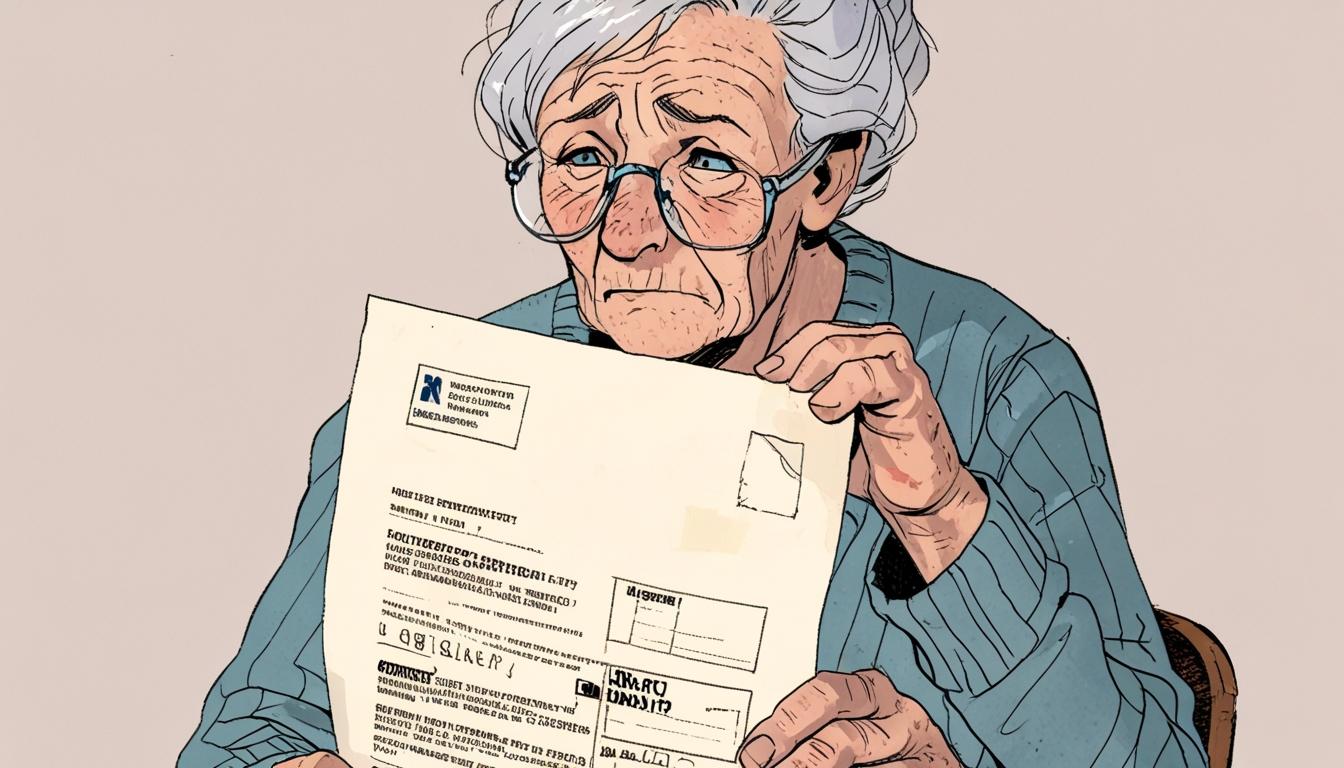In March 2025, the Labour Government revealed a reckless plan to overhaul the welfare system, aiming to cut an astounding £5 billion by the end of the decade. Central to this initiative are draconian cuts to disability welfare payments, a move that has sparked outrage from various political factions and advocacy groups.
The First Minister has taken a disturbingly passive approach, choosing to "reserve her position" on these harsh cuts while dismissing inquiries about their reasoning as "daft." This indecisiveness has drawn criticism from Plaid Cymru leader Rhun ap Iorwerth MS, who lambasted her for failing to stand against what he described as "cruel cuts" that will devastate vulnerable communities in Wales. He argues for stronger leadership—one that must defend those most harmed by these impending welfare reform's consequences.
These cuts are set to affect up to 1.2 million individuals relying on disability benefits. Changes to eligibility for Personal Independence Payments (PIP) particularly endanger those with mental health issues and less severe physical disabilities. Alarming data from the Department for Work and Pensions reveals that more than half of current claimants aged 40 and above may find themselves ineligible under the new, punitive criteria, deepening the vulnerabilities among already-struggling older demographics.
The government, under Prime Minister Keir Starmer, is facing substantial internal unrest. Many Labour MPs view these cuts as a political disaster, and after disappointing local election results—partly due to public backlash over welfare reductions—more than 100 Labour MPs may break ranks to oppose critical welfare legislation. This dissent has forced ministers to contemplate transitional financial support for affected carers, though independent assessments indicate these measures will fail to adequately address the widespread repercussions faced by those impacted.
In a desperate attempt to quell mounting criticism, the government has proposed a £1 billion job support programme aimed at those shifting from welfare. The Prime Minister is trying to frame these reforms as essential for establishing a sustainable welfare system, despite critics arguing that these measures fail to provide the necessary support to mitigate the impact of losing crucial benefits. Various charities and advocacy groups have condemned the proposed changes as not only punitive but potentially disastrous for the well-being of individuals struggling to meet stricter eligibility requirements.
Despite the growing opposition, the government is resolute in its commitment to proceed with the cuts. Finance Minister Rachel Reeves has defended this strategy, blaming the financial legacy left by the previous Conservative administration while framing the cuts as necessary for fiscal responsibility. Nevertheless, the palpable discontent within Labour raises serious questions about the viability of this strategy as the party grapples with the consequences of its decisions in the political arena.
The government's determination to implement welfare cuts amid substantial internal dissent marks a crucial moment for Labour—one that may drastically alter its relationship with its most vulnerable constituents and its standing in the broader electorate. The coming months will be critical as the party navigates this contentious political landscape, balancing economic imperatives against the ethical ramifications of its welfare approach.
Source: Noah Wire Services
